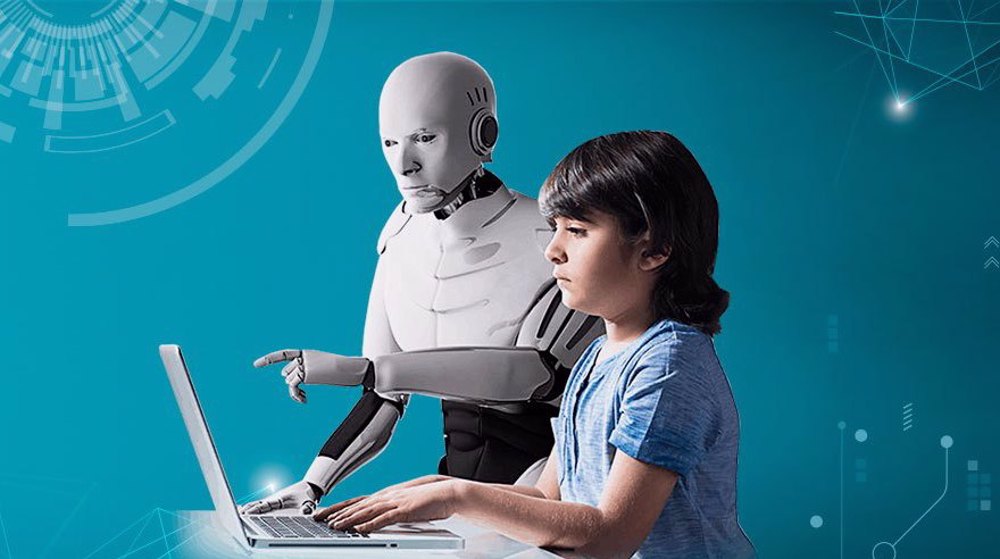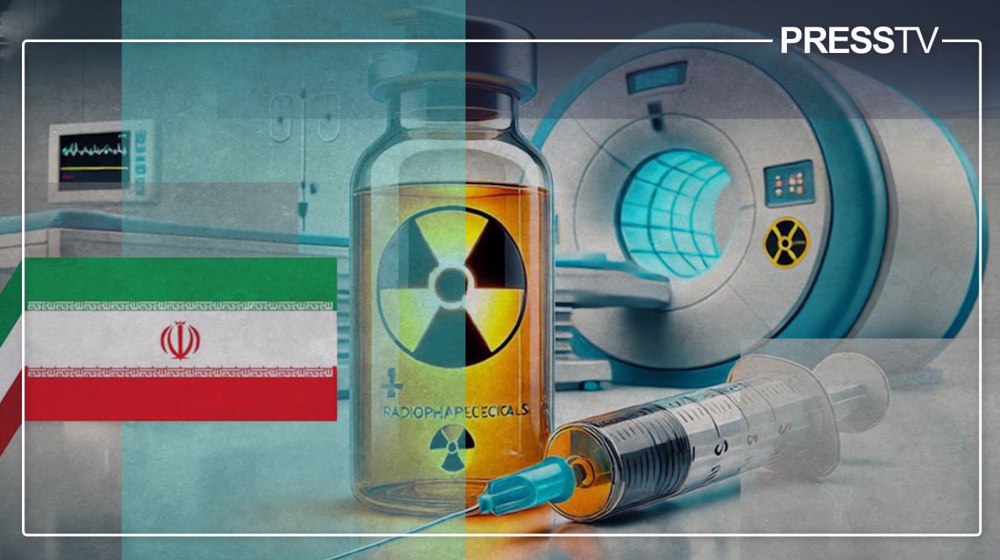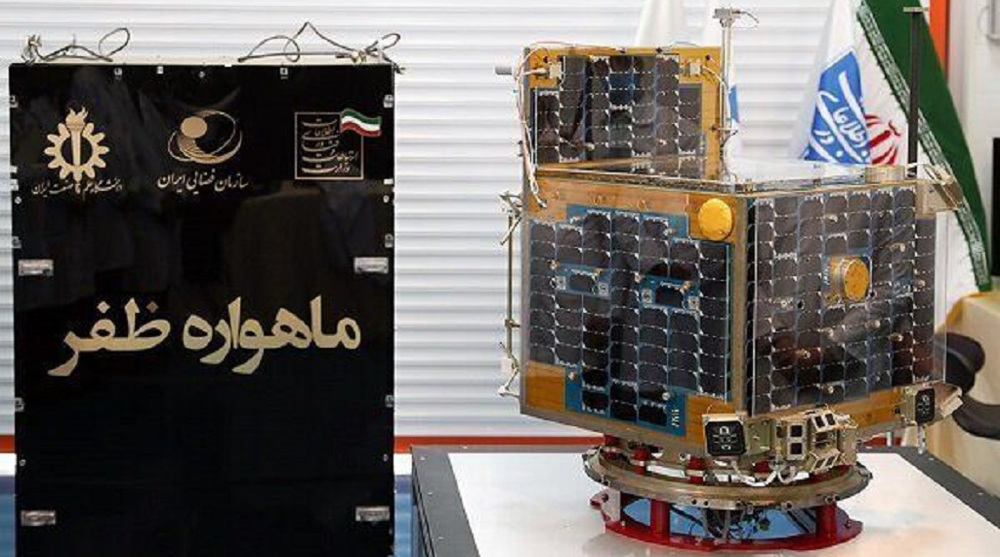UN warns against the use of AI tools in schools
The United Nations has called for strict rules on the use of Artificial Intelligence (AI) tools such as viral chatbot ChatGPT in classrooms, stressing their use to be limited even in older children.
In a new guidance for governments, the UN's education body UNESCO on Thursday notified that public authorities were not ready to deal with the ethical issues of rolling out "generative" AI programs in schools.
UNESCO said relying on AI rather than human teachers could affect a child's emotional well-being and leave them vulnerable to manipulation.
"Generative A.I. can be a tremendous opportunity for human development, but it can also cause harm and prejudice," said Audrey Azoulay, Director General of UNESCO.
"It cannot be integrated into education without public engagement, and the necessary safeguards and regulations from governments," Azoulay added.
UNESCO's Assistant Director-General for Education Stefania Giannini said that people were struggling to align the speed of transformation of the education system to the speed of the change in technological progress and advancement in these machine learning methods, Reuters reported.
"In many cases, governments and schools are embracing a radically unfamiliar technology that even leading technologists do not claim to understand," Giannini added.
The UNESCO guidance said AI tools have the potential to help children with special needs and act as an opponent in "Socratic dialogues" or as research assistants.
Generative AI programs came into the spotlight in November last year, with ChatGPT, an AI-powered language model-developed software, capable of generating human-like text based on context and past conversations.
The AI program sparked fears of plagiarism and cheating in schools and universities.
Critics have warned that these programs can undermine education, inundating students with misinformation, however, investors have poured money into the field considering education as a possible lucrative market.
Experts say the tools would only be safe and effective if teachers, learners and researchers helped to design them and governments regulated their use.
The UN guidance did not recommend a minimum age for school students but pointed out that ChatGPT had a lower age limit of 13.
"Many commentators understand this threshold to be too young and have advocated for legislation to raise the age to 16," the guidance added.
Several educationists have been saying that the kids are going to inherit a world that will be full of AI, and the need of the hour is to make sure that they are well equipped for it, both the benefits and the drawbacks.
China expands use of Iranian rail corridor for cargo transit
Ukraine’s Zelensky says open to dropping NATO bid for security guarantees
Israel kills 3 in south Lebanon as it threatens ‘wide-scale’ attack
VIDEO | Iran’s mega solar plant to power 2.5 million homes
Hamas warns against Israel's plans to 're-engineer' Gaza
VIDEO | South Koreans join migrants in Seoul to protest on Migrant Workers' Day
VIDEO | Press TV's news headlines
VIDEO | Iraq, UN officially mark end of UNAMI mission in country










 This makes it easy to access the Press TV website
This makes it easy to access the Press TV website